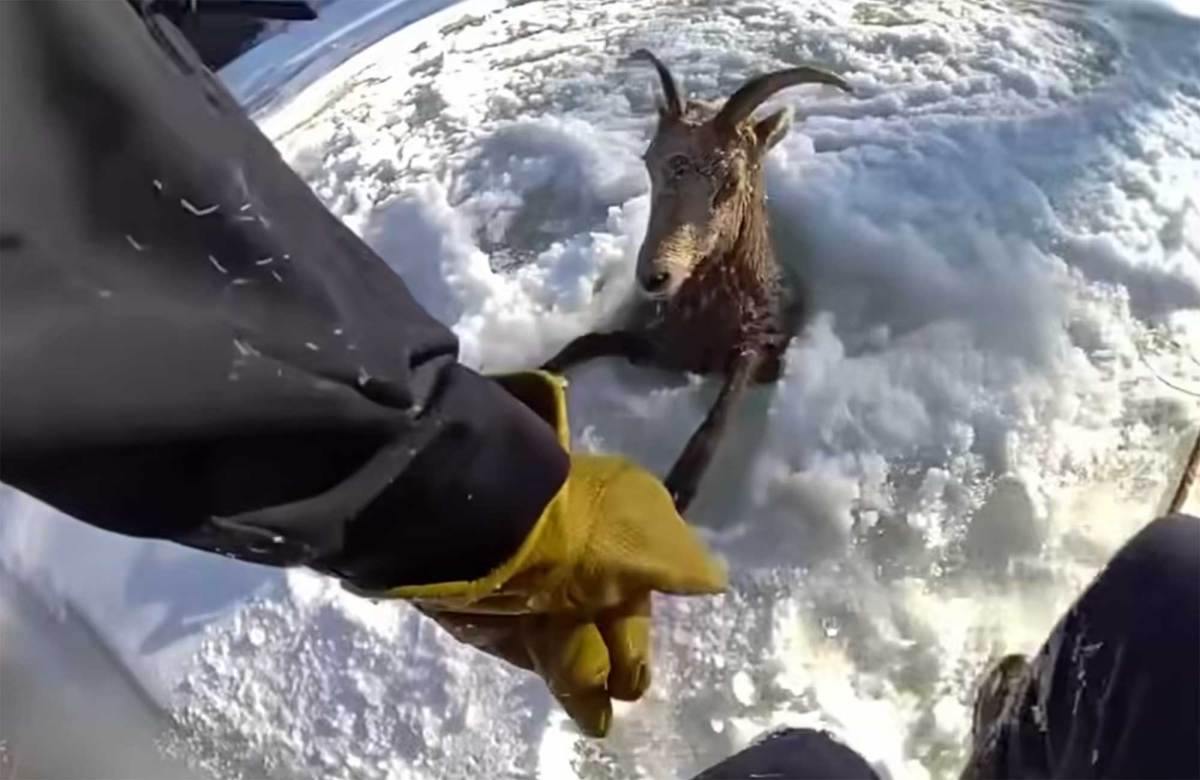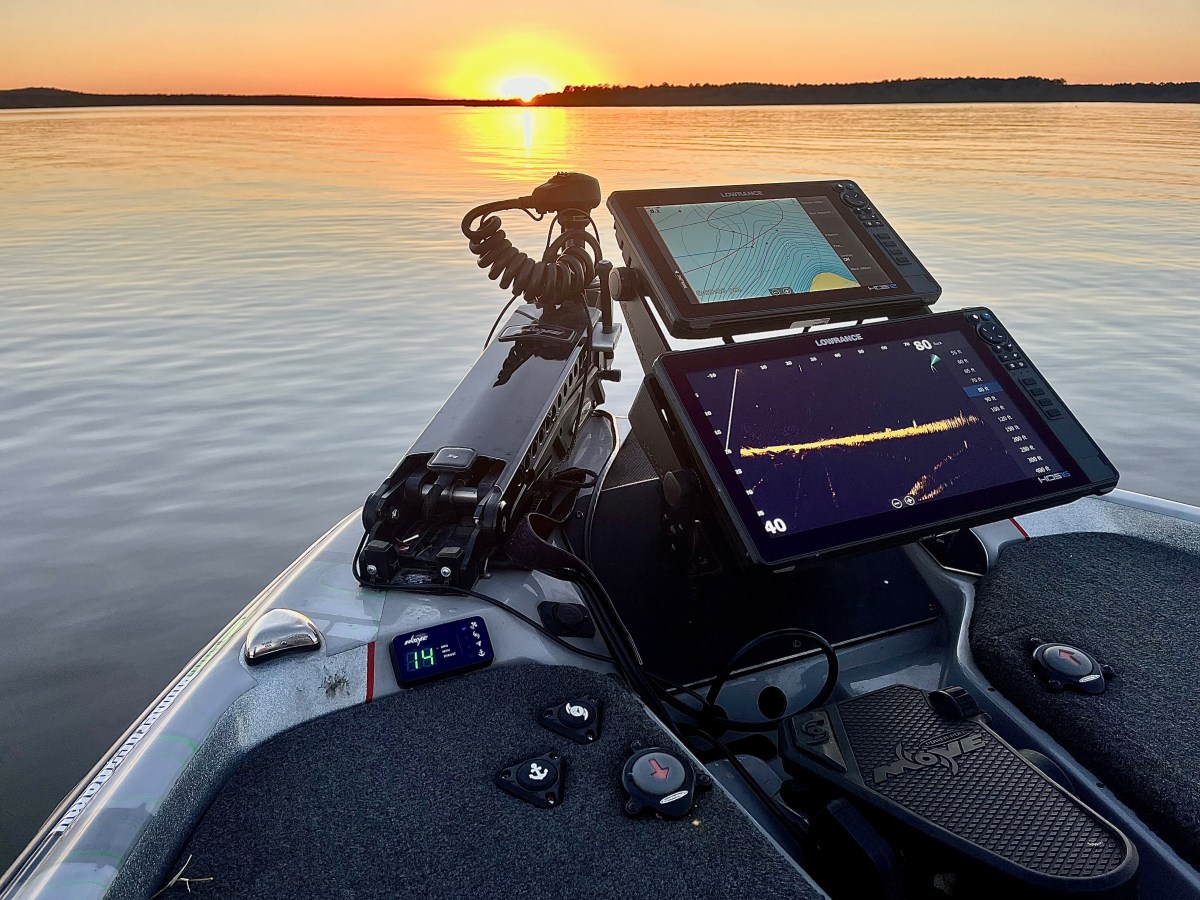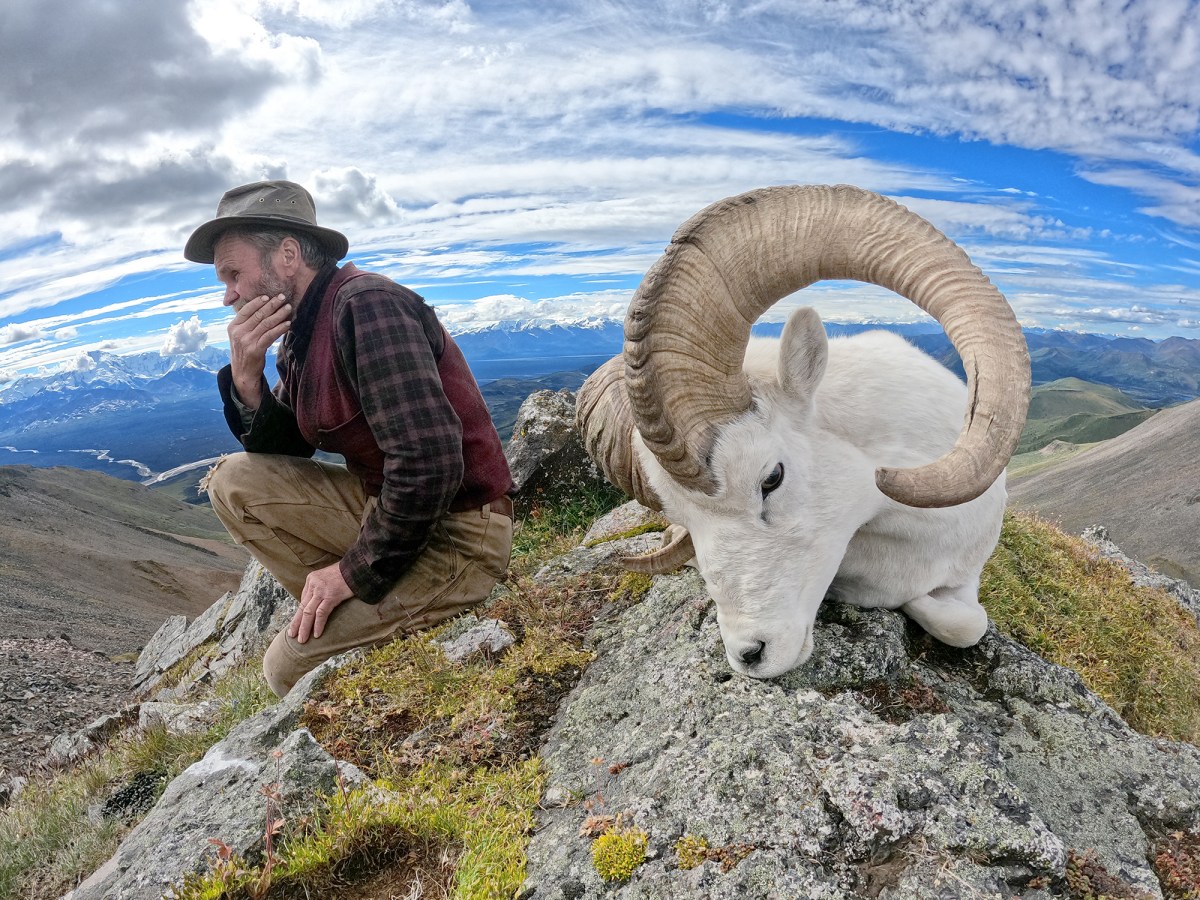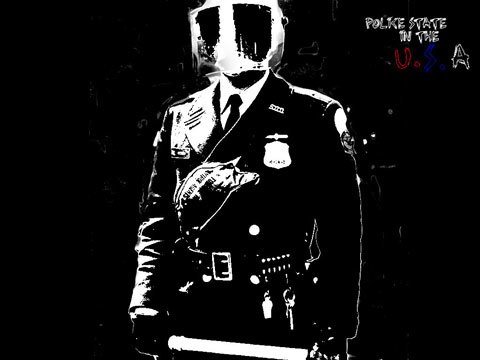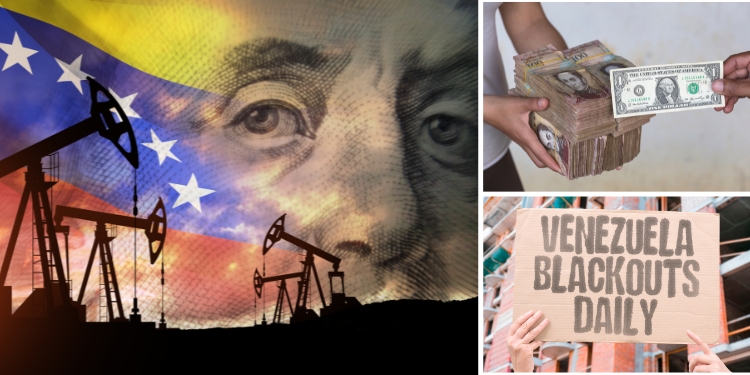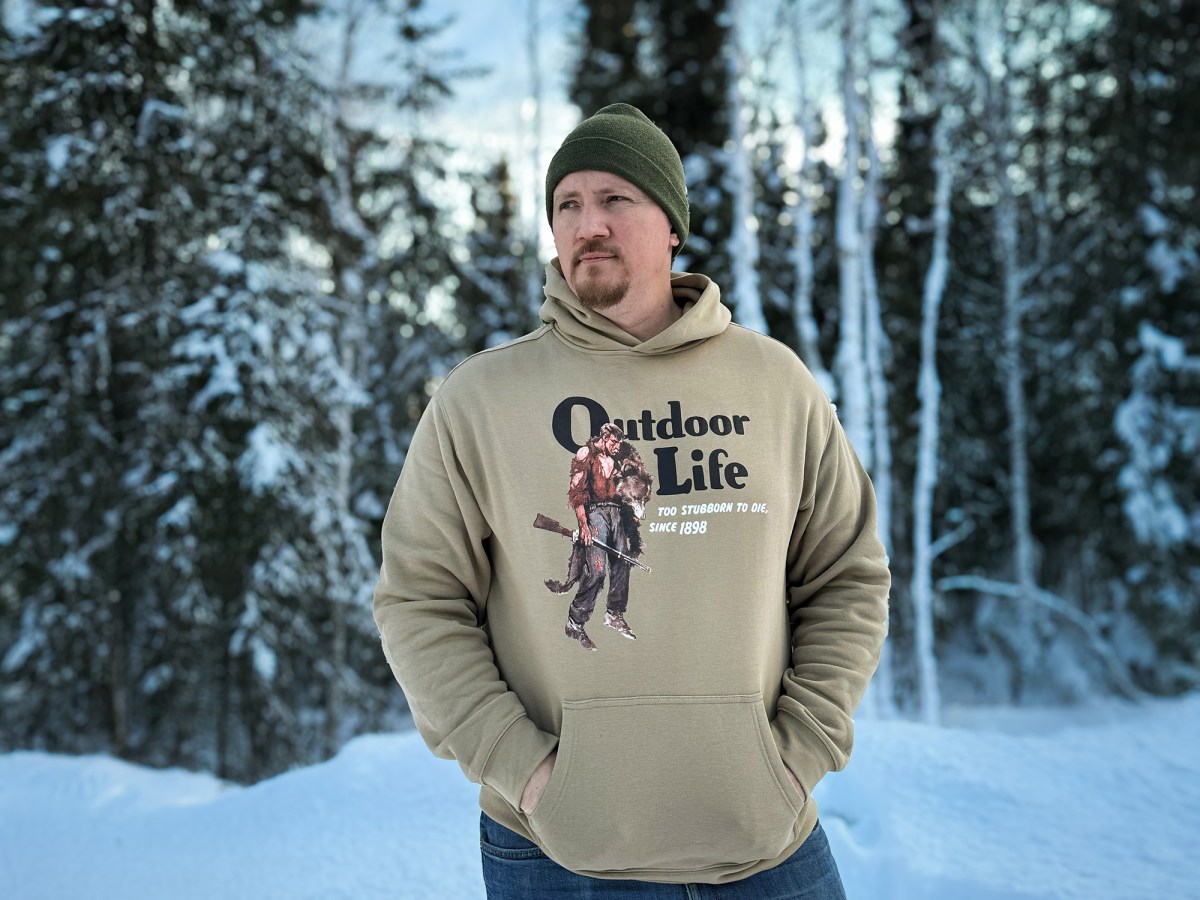Prepping Items The Government Doesn’t Want You to Have
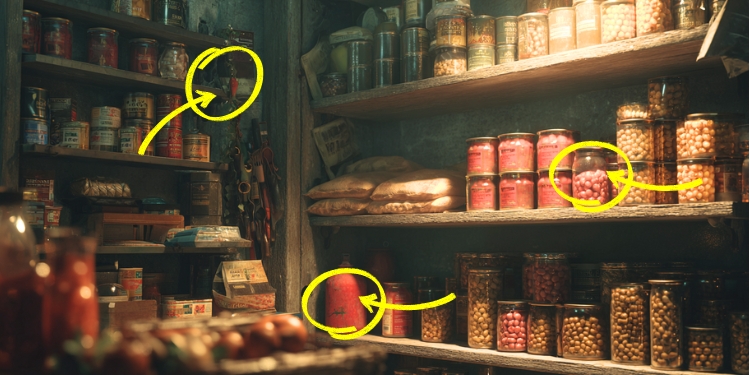
You’d think the government would approve of prepping. After all, if we can take care of ourselves in an emergency, the government doesn’t have to do it for us. We’re cutting down its workload, saving it money and making sure it has fewer citizens to worry about if everything goes horribly wrong.
Unfortunately, governments don’t seem grateful for this, and in many ways they make prepping more difficult than it has to be. A lot of politicians see us as a lunatic fringe and potential extremists, which makes it hard to get listened to. Laws often restrict what we’re allowed to do, as anyone who’s tried keeping livestock in a suburb will know. And of course there are things we’d like to have that the government would prefer if we didn’t.
They Don’t Want You to Own Guns
In a crisis, a gun can make the difference between life and death, in many ways. Firstly, it’s the most effective way to defend yourself, especially if you’re outnumbered. Just the fact you’re armed will deter many attackers. A gun also beats anything else for hunting – there are many species you can’t realistically hunt any other way – and will make it much easier to put protein on the table in a long-term survival scenario.
Unfortunately, most governments don’t like guns very much. In many countries, like the UK, there are strict laws on what guns you can own. US preppers are luckier thanks to the Second Amendment, but there are still restrictions.
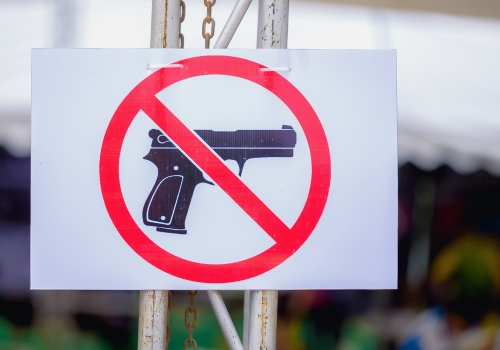
The 1994 federal “assault weapon” ban expired in 2004, but plenty legislators would like to bring it back. In 2013 Senate Democrats tried to, this time without the ten-year sunset provisions of the 1994 law, but were defeated. In 2021 President Biden called for a similar ban; in July 2022 the House of Representatives passed a ban on “assault-style” weapons, but that died in the Senate. In March last Biden called, again, for a ban on “assault weapons” and “high capacity” magazines.
Even without a federal ban, some states have their own restrictions on what guns you can own. California has the most notorious laws. For example, .50 BMG weapons and many semi-automatic rifles – including AR15s – are banned, and other semi-auto rifles aren’t allowed to have specific features. This includes pistol grips, flash suppressors or folding stocks. The state also has a ban on “high capacity” magazines; so do eight other states and the District of Colombia.
Your Gold is Not Safe
A lot of preppers stockpile precious metals to use as currency after society collapses. Even though I think food and ammunition will be much more valuable for bartering, there are arguments on both sides. If you decide a stash of gold should be part of your preps, I’m not going to argue. But the government might.
In fact, it’s done it before. In 1933 President Roosevelt signed Executive Order 6102, which made it illegal to own more than $100 of gold. Anyone who owned more than that had to exchange it for paper money at a fixed price set by the government. That ban wasn’t repealed until 1974. Of course, when Roosevelt imposed the restrictions the US dollar was backed by gold. Even though this is not the case nowadays, gold is still valuable and the government still lies to keep control of it.
Local Laws Against Livestock
There’s no federal law that stops you keeping livestock, but in many places there are local laws against it. That’s more likely to affect you if you live in a city or suburb; rural preppers generally won’t have too many problems. In towns, however, you need to check local laws carefully. The government doesn’t trust us to look after animals properly, prevent them spreading disease or safely turn them into food.
Even when the world starts to shake, you can still learn how to keep your livestock safe and healthy and protect them from diseases that spread fast. The video below offers a few straightforward ways to stay self-sufficient and care for your animals, even when regulations and shortages make it harder than it should be.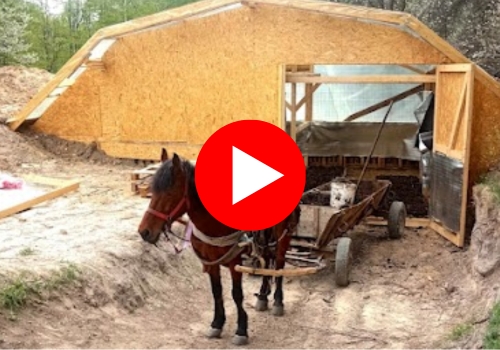
Even Gas Cans Are Regulated
Federal agencies tell gas stations what sort of containers their customers are allowed to fill with fuel, and the rules are steadily getting tighter. Under a 2020 law, all portable fuel containers, even plastic gas cans, must include anti-explosion features.
Some of the laws around transporting or storing fuel are common sense. If you remember TV footage of people trying to fill plastic bags with gasoline during the COVID pandemic, you’ll understand why. The government doesn’t really like us storing fuel at home, though – even though it’s essential if you want to be prepared.
Your Radio Needs Permission
If you want a more powerful radio, then you’ll need an amateur radio license issued by the Federal Communications Commission. The frequencies and power levels you can use are regulated. There’s something about a communications network owned and run by ordinary people that governments just don’t like, even though it’s often valuable in emergencies.
Seeds Could Become a Controlled Commodity
A strong garden starts with good seeds, but big agriculture and government agencies have been tightening rules on seed ownership and trade for years. In some countries, only “approved” varieties can be sold, making it harder to find traditional, heirloom, or non-GMO seeds.
Related: Read This Before Stockpiling Seeds
That’s why serious preppers maintain a private seed vault and build discreet, modular backyard gardens that blend into their surroundings. An even better plan is to store seeds in airtight containers with desiccant packs and rotate them every few years.
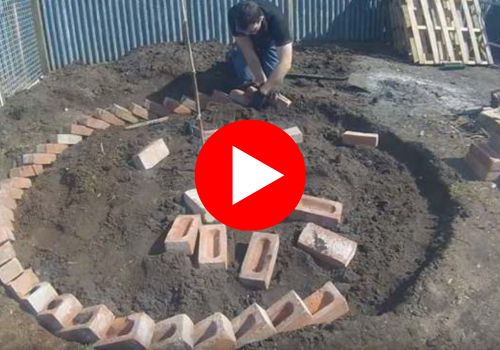
Food Stockpiles Aren’t Truly Yours in a Crisis
As strange as it might sound, during a national crisis or under martial law, the government could step in to “manage” the distribution of food during a national crisis, especially if supply chains start breaking down. That means the stockpile you’ve spent months or even years building could be at risk of being seized “for the greater good.”
If that happens, you’ll be glad you took precautions to protect your supplies.
Here’s how I made sure my food supply stays out of sight:
- Hide in Plain Sight: Keep a few decoy supplies in an obvious spot – a small pantry or a visible shelf in the kitchen. If anyone comes looking, they’ll think they’ve found your stash, while the real one stays safely hidden elsewhere.
- False Walls and Floors: A hidden crawlspace, a false wall, or even a disguised floor compartment can make all the difference. Store bulk foods there in vacuum-sealed bags to save space and reduce odors. Out of sight means out of reach.
- Dehydrated Foods: Consider making dehydrated meals a major part of your food reserve. They last for years, take up very little space, and can be tucked away just about anywhere: behind furniture, in the attic, or even inside sealed containers disguised as something else.
Water Storage Might Be Restricted As Well
Water is more critical than food, but local laws often make it harder than you’d think to collect and store it. In many states, collecting rainwater is restricted or even prohibited without a permit. For instance, some local authorities claim it’s about “water rights” or “public resource management,” but the reality is that they don’t want individuals controlling their own supply.
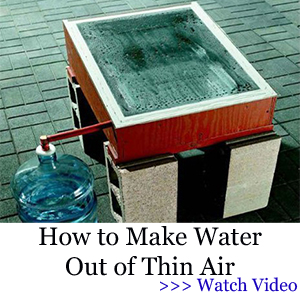 If you can’t legally build a cistern, consider hidden or modular storage, such as buried tanks, portable containers disguised as garden features, or even underground bladders. Clean, private water is freedom.
If you can’t legally build a cistern, consider hidden or modular storage, such as buried tanks, portable containers disguised as garden features, or even underground bladders. Clean, private water is freedom.
Did you know it’s also possible to make water from the air itself? New atmospheric devices can pull moisture straight from humidity, with no need for a well, stream, or rainfall.
Generators and Power Sources Are as Valuable as Gold
When the grid goes dark, your generators, solar panels, and battery banks become more than just conveniences. Power means a sense of normalcy. And that makes it valuable, almost too valuable for the government to ignore.
In a long-term emergency, officials may move to “coordinate” or “redistribute” power-generating equipment in the name of maintaining public order. Translation: the systems you built and paid for could be claimed for “community use.” That’s why it’s critical to protect your own energy independence before the lights go out for good.
Wondering how to protect your energy sources? Here are a few things to keep in mind:
- Camouflage and Conceal: Solar panels are difficult to hide completely, but strategic placement helps. Ground-mounted panels can be surrounded by tall garden beds, fencing, or other structures that blend them into the environment. Painting the mounting hardware in earth tones can reduce glare and make them less noticeable from a distance.
- Silent Generators: Noise draws attention faster than light. Invest in an inverter generator or add sound-dampening enclosures to minimize noise output. Running generators during the day, when ambient sounds are higher, can also help keep them off the radar.
Related: Why You Should Throw Your Generator in the Trash
- Distribute Batteries: Don’t keep all your stored energy in one place. A large battery bank is easy to spot and even easier to confiscate. Instead, store several smaller battery packs in multiple, hidden locations.
- Diversify Your Power Options: Relying on a single system makes you vulnerable. Combining solar, wind, and small-scale hydro – where possible – ensures that losing one source doesn’t plunge you into total darkness.
Final thoughts
As I said before, you’d expect governments to approve of and support preppers. The more of us there are, the less serious any crisis will be. It just doesn’t seem to work that way, though. They might not make it illegal for us to be prepared, but by restricting or discouraging us from stockpiling key supplies they certainly make it harder than it needs to be.
👉 What unconventional solutions have you found to keep your resources safe? Post them in the comment section below!
You may also like:
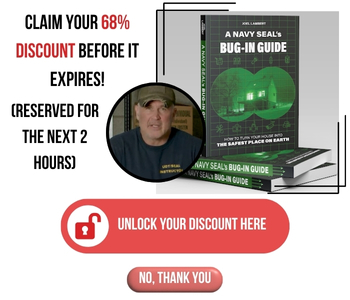 The Deep State Doesn’t Want You to Know This
The Deep State Doesn’t Want You to Know This
If You Find This in Your Backyard, Burn It Immediately! (VIDEO)
Guns You Need To Buy Before The Government Bans Them
The First Thing That Will Happen After a Government Shutdown
Read the full article here




